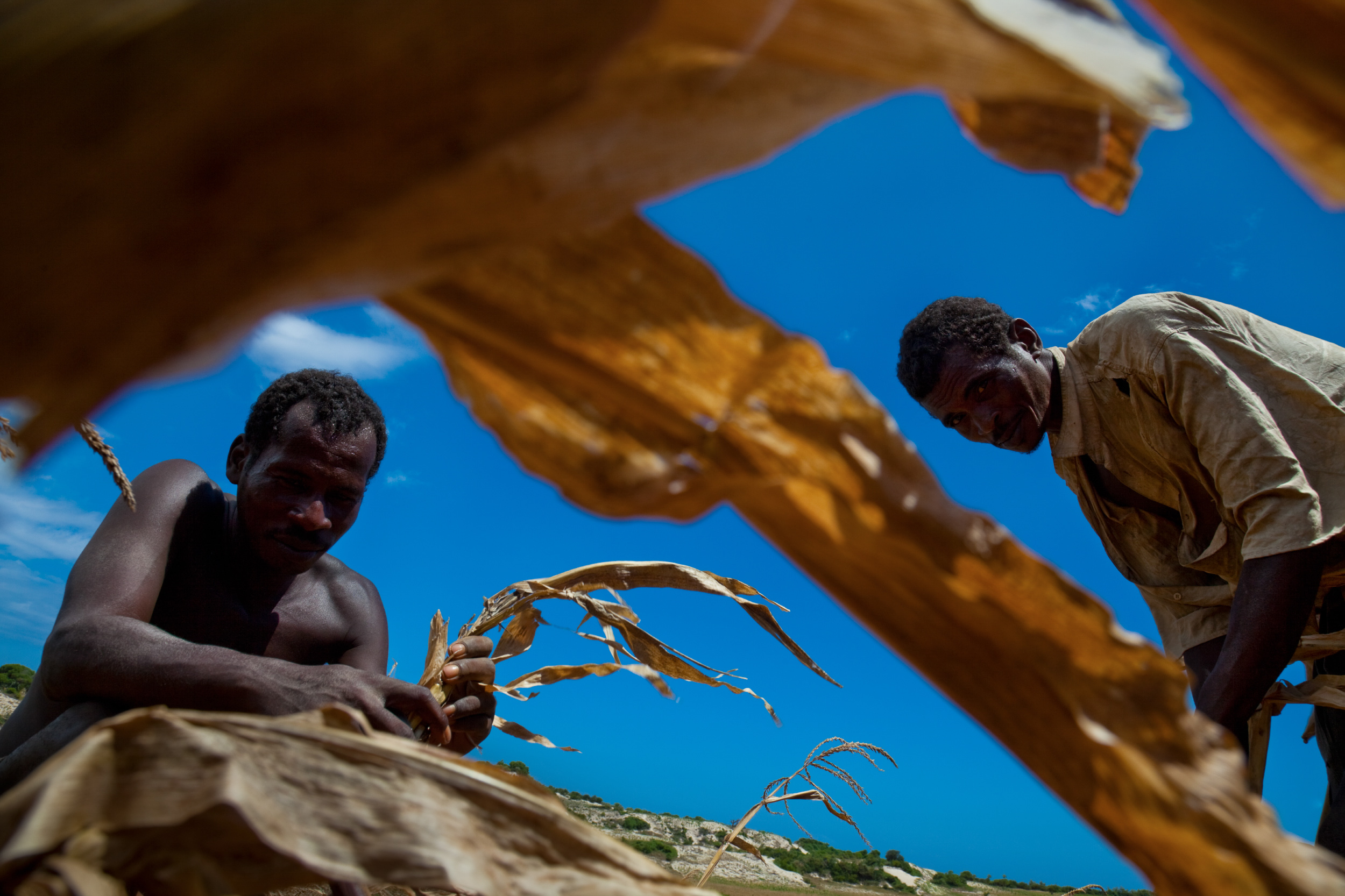In addition to fossil fuels, emissions of methane and other gasses from agriculture play a significant role in determining greenhouse gas emissions. Livestock, rice paddies, and manure management in agriculture contribute to methane emissions, while the use of fertilizers and certain agricultural practices contributes to nitrous oxide emissions. On the other hand, deforestation releases stored carbon into the atmosphere.
“The AFOLU sector offers a unique opportunity, a solution,” says CMCC scientist Maria Vincenza Chiriacò, member of the Italian delegation at COP28. “Sustainably managed forests and land have the capacity to remove carbon dioxide from the atmosphere and store it in their permanent woody structures and in soils, thus playing a crucial role in carbon sequestration.”
Agriculture, forests, and other natural ecosystems are highly vulnerable to the impacts of climate change, such as changes in temperature, precipitation patterns, and extreme weather events. This susceptibility can result in significant consequences for food production, food security, and the myriad ecosystem services these systems provide, underscoring their pivotal role in adaptation and resilience.
“Sustainable land-use practices and the protection of natural ecosystems are also critical for biodiversity conservation,” says Chiriacò. Intensive production systems, forest loss and alteration in land use may compromise environmental integrity, causing severe impacts on habitat fragmentation and species loss. “Furthermore, many rural communities rely on agriculture and forestry for their livelihoods, so this is really a crucial sector.”
How and why is the theme of AFOLU relevant in this COP?
The discussion on AFOLU at COP28 is highly pertinent. There are ongoing discussions on the Global Stocktake decision and a final text is anticipated for approval by the COP conclusion, where several elements highlight and acknowledge the AFOLU sector’s significance in maintaining the balance between emissions and absorption stable. The text addresses forest protection and sustainable agricultural practices as pivotal for meeting mitigation goals and establishing a sustainable, resilient food system. Additionally, the socio-economic dimension of the AFOLU sector is also recognized, emphasizing the need for global policies to facilitate the adoption of sustainable practices while safeguarding the well-being of communities dependent on this sector.
What is CMCC’s contribution to this field at COP28?
CMCC actively supports the Italian delegation on these matters. With the collaboration of my colleague Matteo Bellotta, we track the negotiations concerning the “Sharm el-Sheikh joint work on the implementation of climate action on agriculture and food security,” endorsed in the previous COP27 as a follow-up to the previous “Koronivia Joint Work on Agriculture – KJWA.” This discussion table, initiated in 2017, has seen intensive exchanges between countries on various agricultural and climate change issues.
The objective for COP28 is to sustain conversations on implementing climate adaptation and mitigation actions in the agricultural and food security sector, along with identifying essential tools to facilitate their implementation. Regrettably, the discussion has reached an impasse due to the lack of consensus on establishing a “coordination group,” primarily proposed by the G77 to focus on implementation. The last negotiation session concluded on December 5 with procedural conclusions, ratified on December 6, and the discussion has been postponed to the next United Nations Framework Convention on Climate Change (UNFCCC) session scheduled in Bonn in June 2024.
On a personal note, I am directly involved in the negotiations related to Article 6 of the Paris Agreement, which aims to institute voluntary mechanisms for the exchange of emission reduction or removal quotas.
What is the state-of-the-art of negotiations in this field?
Article 6 of the Paris Agreement acknowledges the potential for countries to utilize the carbon market in achieving their nationally determined contributions (NDCs) for emission reduction. The term carbon market denotes the exchange of carbon dioxide quotas between countries, resulting from emission reduction policies and actions and/or increased removals, encompassing both natural (nature-based) and technological (technology-based) processes.
The initial week of work in Dubai revealed the necessity for defining fundamental aspects to operationalize the approach established by Article 6.2, which outlines voluntary cooperation strategies for the exchange of quotas known as internationally transferable mitigation outcomes (ITMO). These include authorization processes, formats, and tables for reporting annual information enabling quota tracking, registries, and so on. Additionally, the treatment of deforestation reduction activities within Article 6, particularly 6.2, remains unclear.
This is complicated by the existing regulation of REDD+ in Article 5 of the Paris Agreement, a framework developed by UNFCCC for “reducing emissions from deforestation in developing countries”, which has different rules from those emerging under Article 6, particularly regarding baseline calculation.
Moreover, CMA3 at COP26 mandated a Supervisory Body to develop recommendations on requirements for methodologies to calculate carbon credits and on accounting rules for project activities that generate increased removals, both through nature-based and technology-based processes, especially in the AFOLU sector.
What are the critical issues still to be addressed?
The most controversial issue that seems to remain open at this COP28 revolves around recommendations on removals, specifically in defining carbon absorption resulting from land management activities, particularly in the AFOLU sector. This challenge is attributed to the absence of clear baseline and reversal risk accounting rules.
Currently, there is a consensus among the Parties to pursue enhancements to these rules before the official launch of the final carbon quota exchange mechanism under Article 6.
Read more:
‘Forests’ section on CMCC Foresight magazine
‘Land’ section on CMCC Foresight magazine
‘Paris Agreement’ section on CMCC Foresight magazine
Cover picture by Marcelo Perez del Carpio / Climate Visuals Countdown






